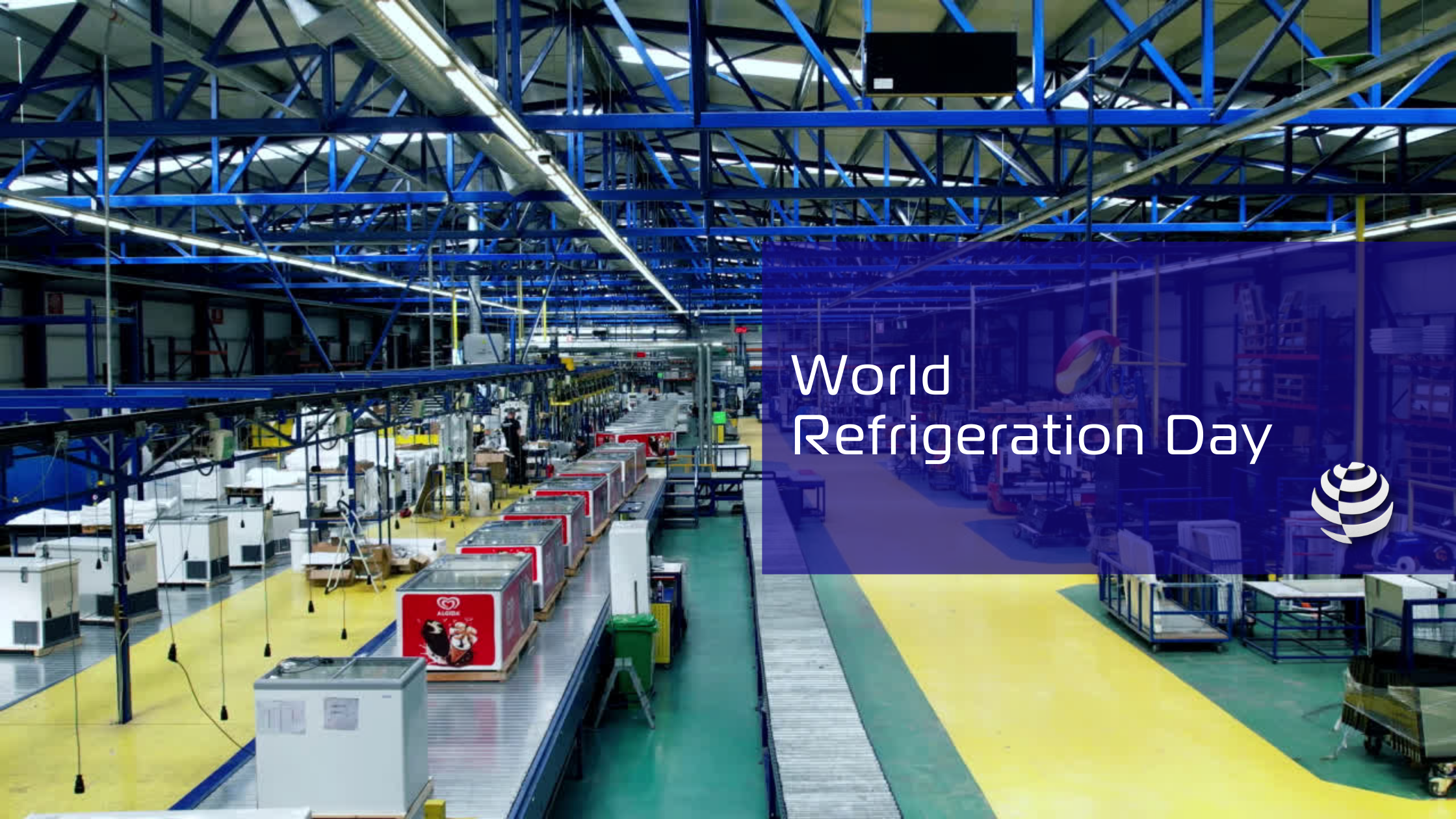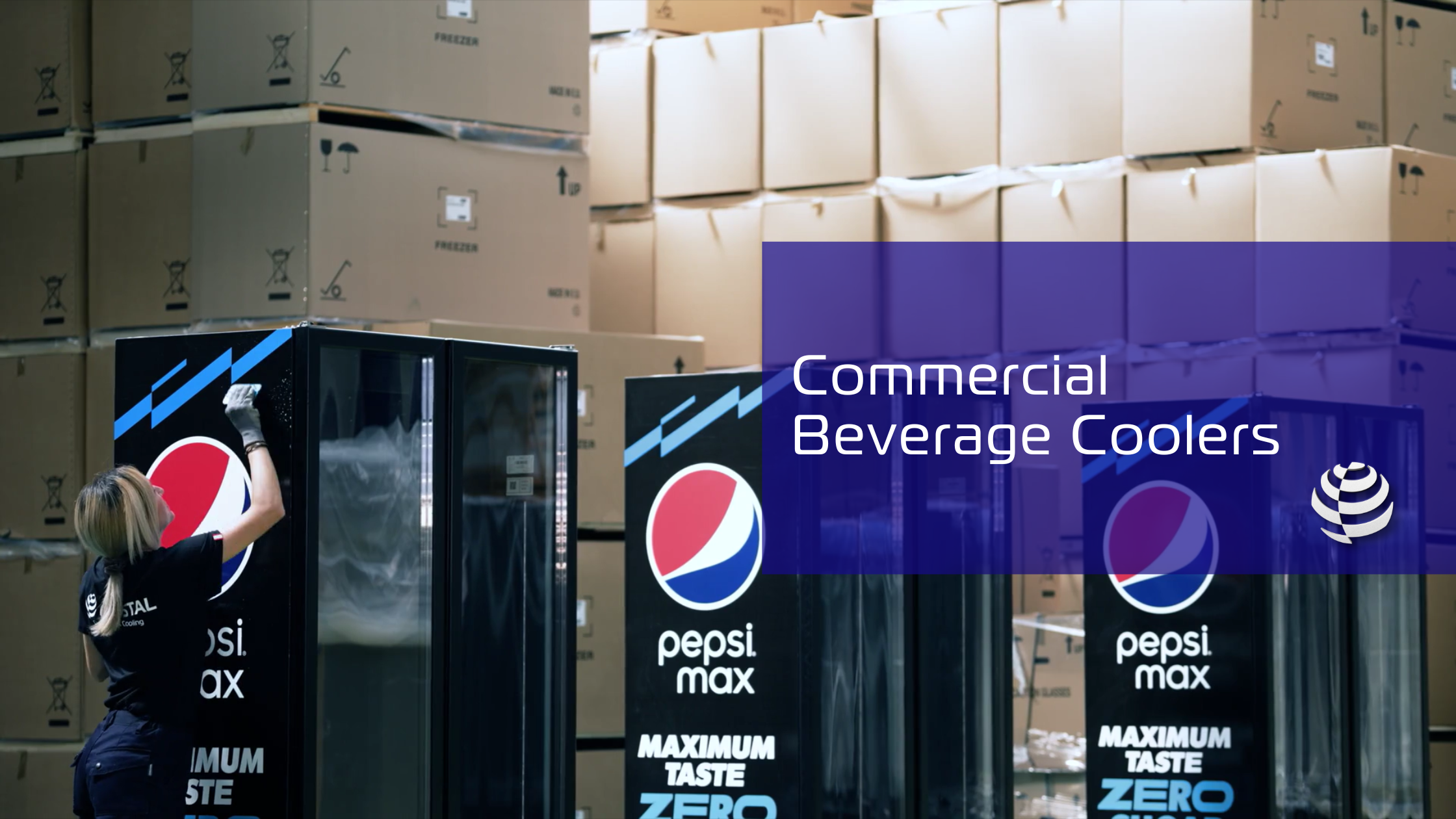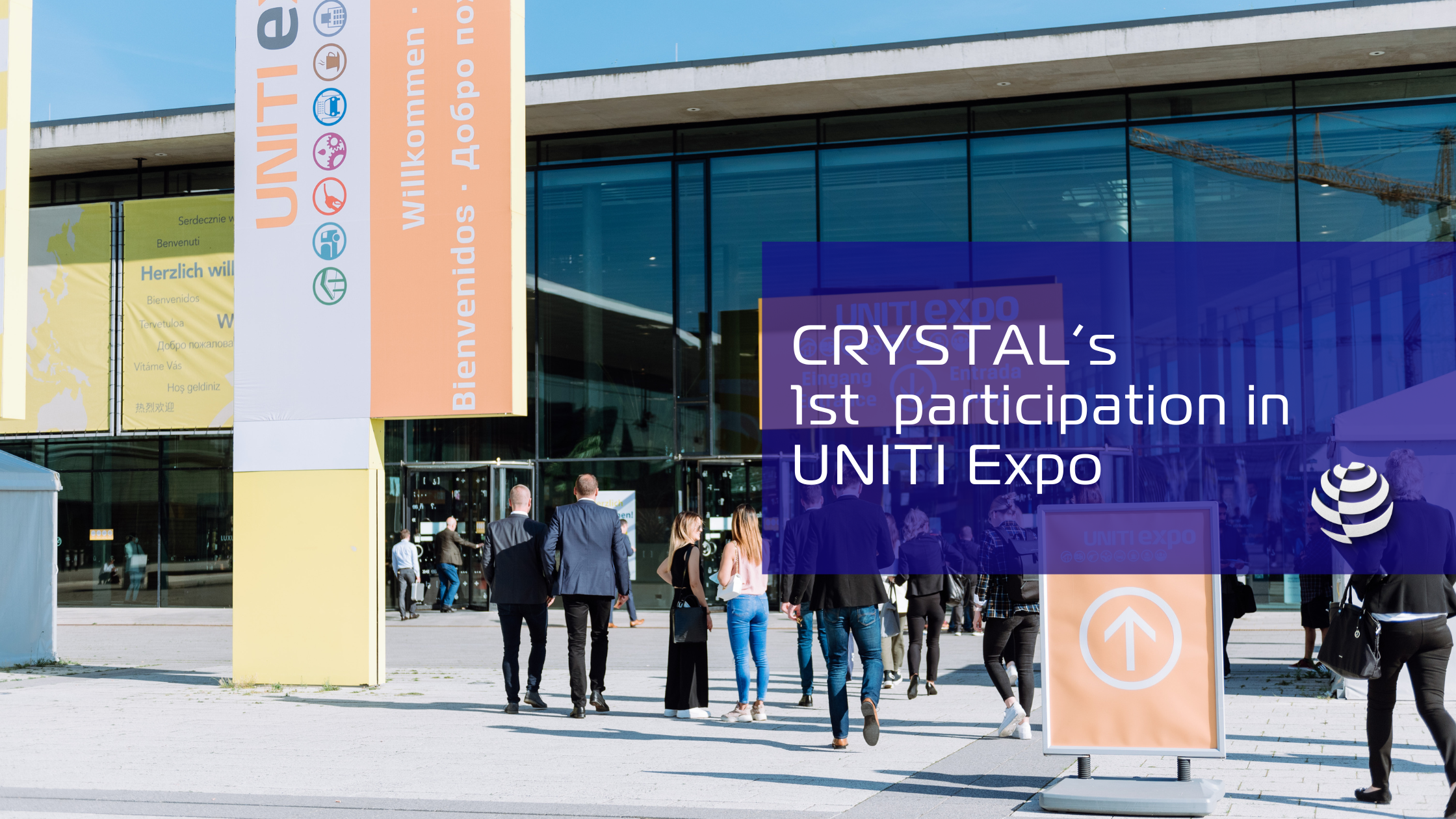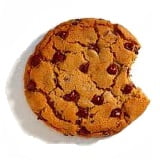Refrigeration is a cornerstone of modern life, influencing numerous aspects of daily living, industry, and…
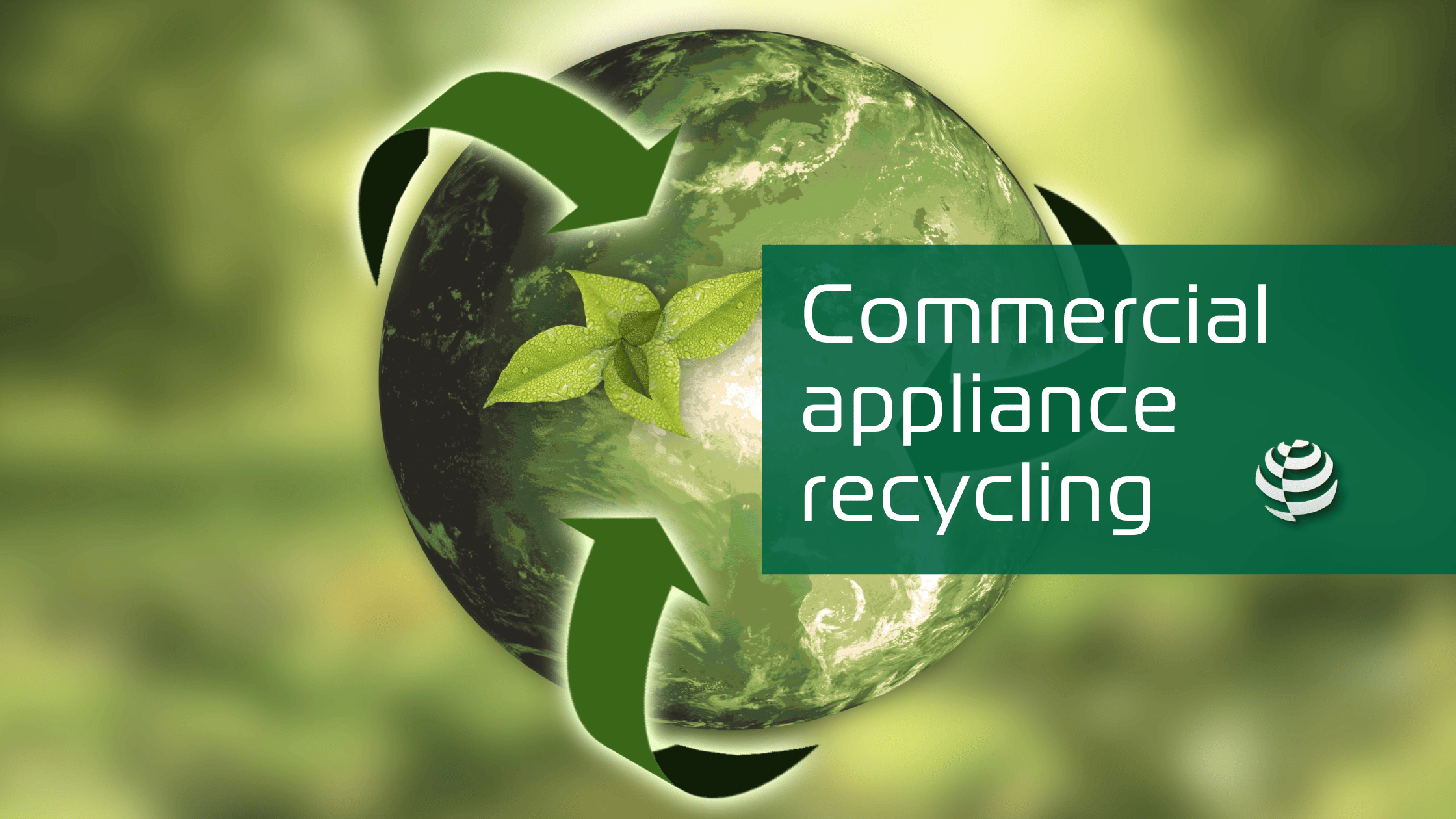
What are the benefits of recycling commercial appliances?
Recycling is the process of collecting and processing materials, which would otherwise be waste, and converting them into new products. The benefits of recycling are multiple for the community and the environment. It can help reduce the amount of solid waste that goes to landfills, which are becoming increasingly costly, and reduce air, water, and land pollution resulting from waste disposal.
The stages of recycling
Recycling involves three stages which form a repeated and interrelated process, represented by the well-known recycling symbol.
The main steps are the collection of the waste, its processing, and transmuting it into materials that can be reused and are environmentally friendly. That is how, the recycling process is completed, which is the key action in modern waste management for the benefit of energy, the environment, and entrepreneurship.
The main benefits of recycling professional appliances are:
- Reducing the amount of waste sent to landfills and incinerators.
- Conserving natural resources such as timber, water, and minerals.
- Increase economic security by leveraging a domestic source of materials.
- Reduction of pollution and carbon emissions by reducing the need to collect new raw materials.
- Energy saving.
Recyclable materials include many types of glass, paper, cardboard, metal, plastic, tires, textiles, batteries, and electronic devices and come from various sources such as household waste, public services, agricultural waste, and industry.
Like all commercial appliances used in various industries, commercial refrigerators and freezers can be recycled and contribute to the benefits of recycling electrical appliances.
Recycling and Waste Management
On September 1st, 2022, a new amending contract of our company came into force, according to the new Law 4819/21 Integrated Framework for waste management – integration of directives 2018/851 and 2018/852 of the European Parliament and the Council of May 30th, 2018 for the amendment of Directive 2008/98/EC on waste.
According to the above contract “all the producers of electrical and electronic equipment of mass catering products who happen to have in the Greek market EEE with a particularly increased weight which includes other elements besides the electrical and/or electronic components, a special framework for the payment of a monetary contribution is defined according to the following categorization which is also reflected in the relevant annexes:
- For Electrical and Electronic Equipment devices weighing up to 20 kg, the monetary contribution to be paid will be the same according to the monetary contributions in force,
- For Electrical and Electronic Equipment devices weighing more than 20 kg to 100 kg, the monetary Recycling Contribution is set at the amount of €50/ton.
- For Electrical and Electronic Equipment devices weighing 100 kg or more, the monetary contribution will be calculated based on the isolated weight of its electronic/electrical part (eg motors, electric resistors, thermostats, etc., the monetary Recycling Contribution is formed in the amount of 180 €/ton or 165 €/ton if the products meet the conditions for inclusion of EEE in an ecological design HEA.
Concluding, from now on every new fridge purchase for the Greek market the new recycling fee will automatically be included and will be listed and charged separately.
CRYSTAL SA urges all producers and users of electrical and electronic equipment to recycle the devices they use, thus contributing to the protection of the environment and the saving of natural resources and energy.
*Find the details of Law 4819/21 Integrated Framework for waste management Here
Follow Crystal S.A for more useful tips and news.

